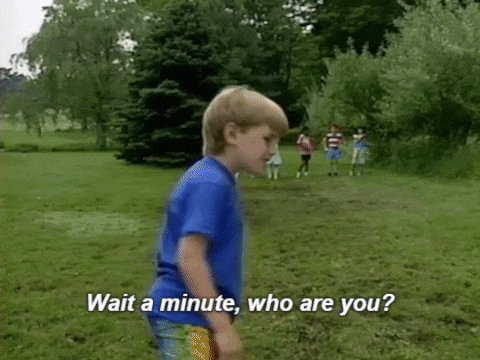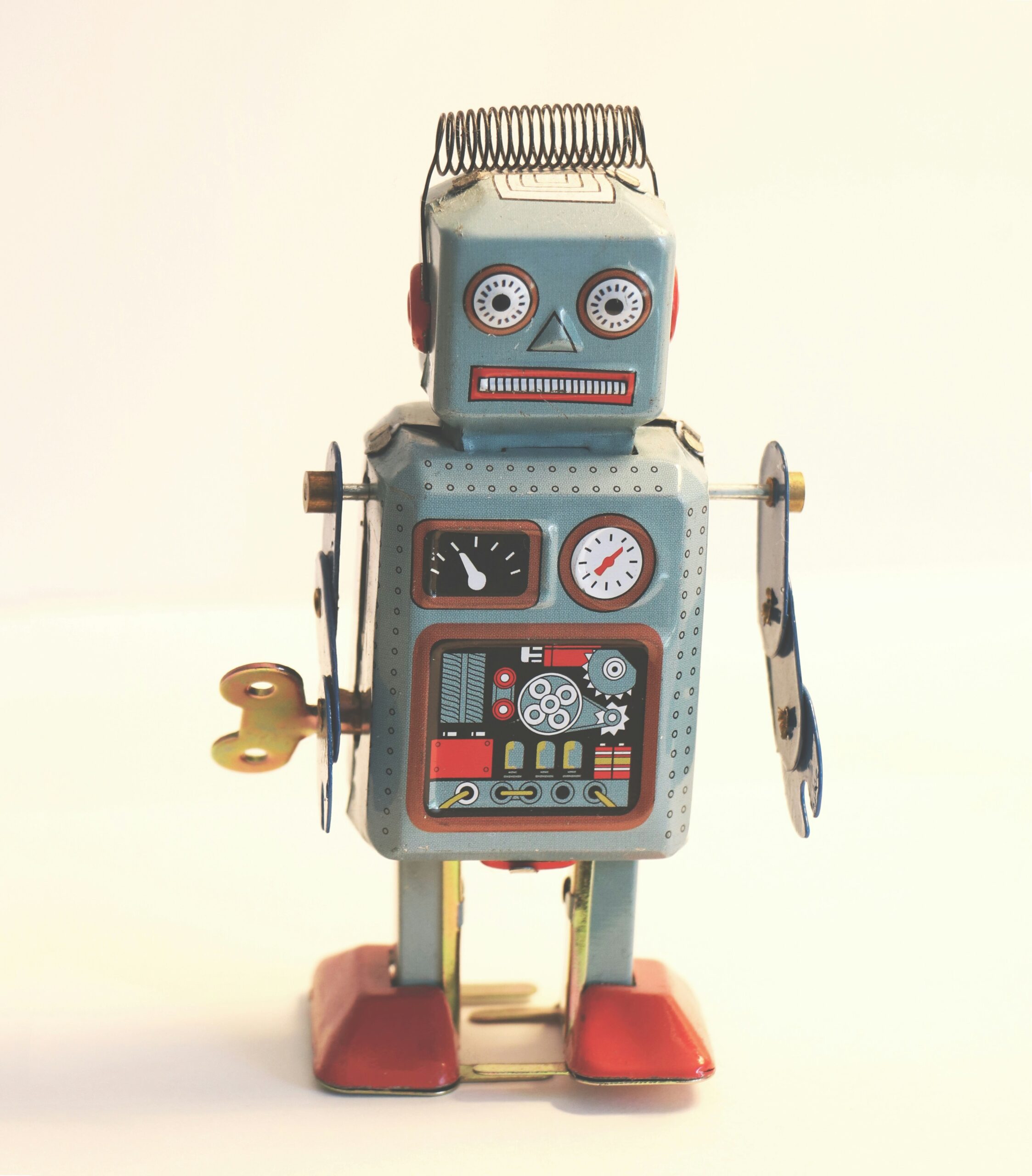Earlier this week, I got a newsletter that I used to love opening.
But thanks to Gmail’s new “roll-up” feature (where all emails from the same brand get bundled together), I noticed that it had actually been weeks since I’d opened it.
Instantly, my marketer brain kicked into dissection mode.🔍
Why have I been skipping these?
What’s changed?
It didn’t take a whole lot of analyzing because my answer was instant.
It was obvious that AI is writing all of her emails now.
I say writing very intentionally (vs. editing). The content of her letters used to feel super creative and thoughtful and human. But now it no longer sounds like it’s coming from her.
It feels like anyone could have written it. And I subscribed to hear her unique perspective.
I didn’t originally plan to share this, considering that I am simply an n of 1 and maybe other people don’t mind it!
But then, I got this email from Neil Patel (an SEO expert) last Wednesday with this interesting fact about AI that says, apparently, I am not an n of 1:

Listen, I have a lot of feelings about AI.
The big fact is simply this:
AI is here and it’s not going anywhere.
It’s like trying to stop the internet in ’90s.
And, with any innovation, there will be growing pains:
- Environmental impact
- Privacy concerns
- Ethical questions
- Built-in bias
- Laziness + creativity decline
- Disinformation
- Widening inequality gaps
- Rising unemployment
In a glass-half-full situation (and with the right champions of change), I like to think those growing pains could right themselves.
Perhaps AI solves its own environmental impact. Maybe we’ll live in a world that shifts to a 4-day workweek because AI handles some of our workload. Better yet, humans can get even more creative and human-ny by offloading menial tasks.
That’s the world I’d like to see.
And I think it starts with a few simple shifts:
#1. Create first.
When I’m using AI to edit something, I try to use these 3 strategies to keep my voice intact:
📝Free write my content and ideas FIRST (I know it’s so tempting to have AI write the first draft, but it’s never as good as your original thinking, I promise)
📝Use this prompt: “Keep my voice intact while fixing issues with spelling. Instead of rewriting my draft, bullet point ways I can restructure, reformat, or rewrite for improved flow and storytelling.”
📝Gut-check my own work: Are there parts that feel confusing or disconnected? Could I add a better story or a more fun example?
This helps me save time editing my work while also maintaining my style. ChatGPT always wants to fix my run-on sentences or remove my overloaded parentheses, but by asking for bulleted ideas, I avoid deleting out the parts that are most me.
I want to write like I talk. I want you to hear and feel me speaking to you. And in the heavily edited AI version, that tends to get lost.

2. Fact check (and don’t check out).
If you’re asking for information, make it a habit to ask for the source.
Some easy prompts I like to use:
“Where did this come from?”
“Is this 100% accurate to say?”
“If you were trying to poke holes in this, what would you say?”
This keeps my critical thinking hat on.
3. (And this one is most important) Double down on your human.
I’ve wondered a time or two (usually at 11 PM when I’m trying to solve all of the world’s problems in my head instead of sleeping) how long it will take for AI to take over most jobs.
But an example from Ann Handley (I think – I couldn’t find the original) shifted my perspective on this:
200 years ago, craftsmanship was the default. Furniture, art, clothing were ALL handmade. Then mass production came along, and everything became faster and cheaper.
Some people DID lose their jobs, but something interesting also happened. Handmade pieces became more valuable.
People still pay top dollar for things that are rare and authentic.
So yes, your clients can upload their labs to AI and get feedback on them. They can draw up beautiful workout plans, personalized recipes, and even get “health advice.”
But AI still can’t –
💚Hear your client’s hesitation before they answer
💚Build real, meaningful connection or community
💚Ask the questions your clients didn’t even realize they needed to answer
💚Hold space for nuance and complexity
💚Be in someone else’s energy
This is all the human stuff.
And in a world right now that desperately feels like it’s lacking compassion, empathy, community, and humanness…I pray that when we lead with our humanness and allow it to be heard and seen by others, that we can find and illuminate a way forward. 🕯️
It’s tempting to want to write off AI completely (I’m with you), but I honestly just don’t think it’s realistic. Especially for small businesses that already have fewer resources than the behemoths they’re sometimes competing with.
The key is using AI in a way that feels in integrity to YOU. That preserves as much of your brand, voice, and story as possible. And in a way that saves you time without diminishing your capacity for critical thinking and originality.
I’m by no means an AI expert, and I’m sure many of you have even better prompts or strategies. I’d love to hear them. 🫶🏻

+ show Comments
- Hide Comments
add a comment